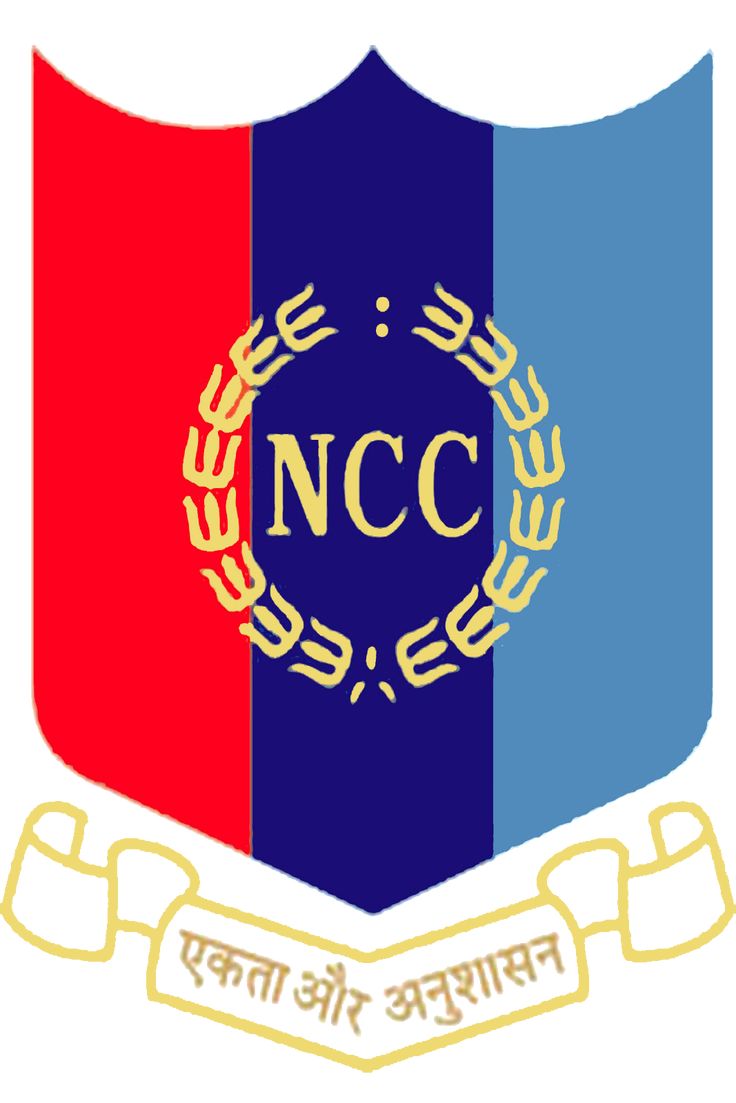About NCC
The National Cadet Corps (NCC) is a prominent youth development movement in India that promotes leadership, discipline, and moral values. It aims to nurture responsible citizens dedicated to serving the nation. Participation is voluntary and fosters holistic development including physical fitness, adventure, and civic responsibility.
Motto of NCC
"Unity and Discipline" (Ekta aur Anushasan)
Aims of NCC
- Develop character, courage, comradeship, discipline, leadership, and a secular outlook.
- Create a resource of trained and motivated youth who can provide leadership in all walks of life, including the Armed Forces.
- Foster a spirit of selfless service and civic responsibility.
Oath
"I solemnly promise to serve my motherland with loyalty and abide by the rules of the National Cadet Corps. I will sincerely participate in every camp under the command of my commanding officer."
Pledge
"We, the cadets of NCC, pledge to uphold the unity of India, be disciplined and responsible citizens, and undertake positive community service in a spirit of selflessness."
History of NCC
Established in 1948 under the National Cadet Corps Act, the NCC traces its origins to the University Officers Training Corps (UOTC) formed by the British in 1942. Following the 1965 and 1971 Indo-Pak wars, the NCC evolved from a military-centric syllabus to one focused on leadership and social service.
NCC Organisation
The NCC is led by a Director General, a Lieutenant General-rank Army officer, and comprises 17 Directorates across India. Each Directorate oversees Group Headquarters led by Brigadiers or their equivalents, with units commanded by Majors or Lieutenant Colonels.
NCC Flag
The NCC flag symbolizes unity and integration of the Army, Navy, and Air Force wings, and reflects the ideals of discipline, patriotism, and national service.
- Red: Represents the Army wing.
- Dark Blue: Represents the Navy wing.
- Light Blue: Represents the Air Force wing.

